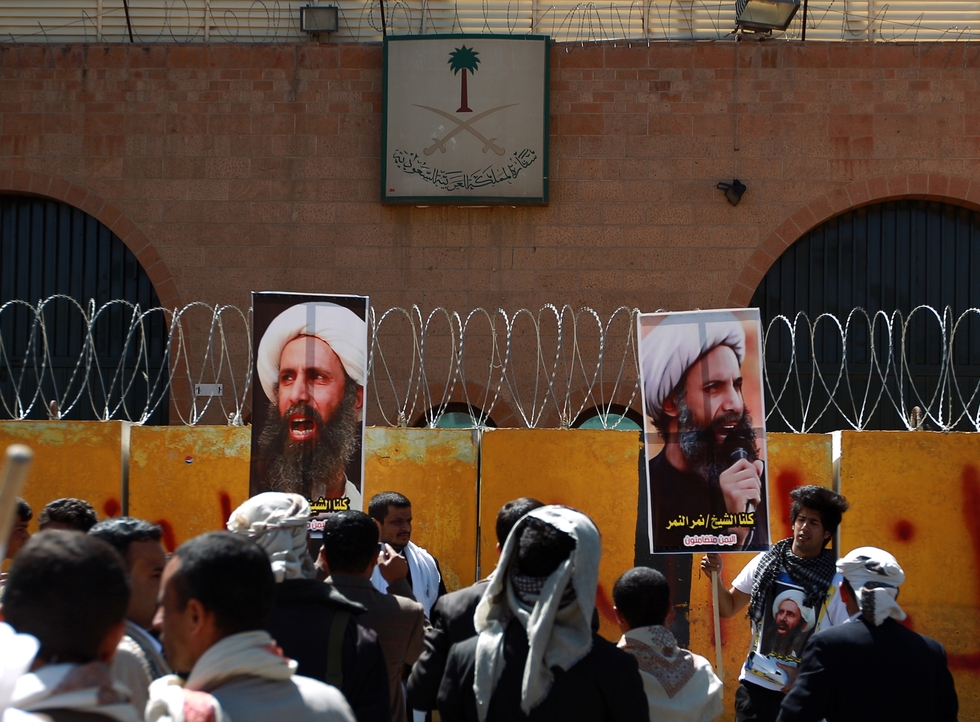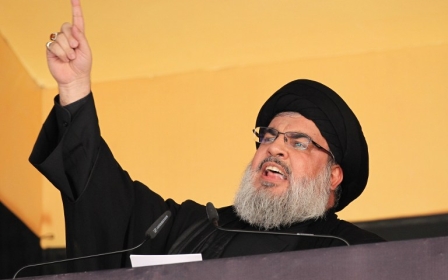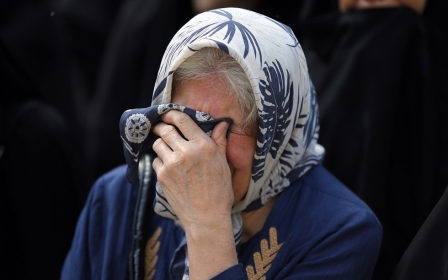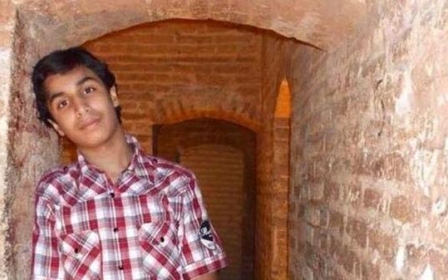Iran: Riyadh to pay 'huge price' for executing prominent Shia cleric

Iran has warned that Saudi Arabia will have a “huge price to pay” if it executes a well-known Shia religious leader who is currently on death row in the kingdom.
Grand Ayatollah Nimr al-Nimr, a respected figure within the Shia community and a frequent critic of the Saudi government, was arrested in 2012 after calling for pro-democracy protests.
Convicted of multiple charges including “sowing discord in the country,” Nimr was sentenced in October 2014 to be executed and have his body left on public display.
The Supreme Court on Sunday rejected an appeal against the sentence, meaning the execution is now permitted to go ahead.
The case documents have been sent to King Salman, who has the power to endorse the sentence or issue a pardon.
In the wake of the court’s decision to uphold the sentence against Sheikh Nimr, Iran warned that carrying out the execution could have dire consequences for Saudi Arabia, which is governed according to Sunni religious doctrine but has a sizable Shia minority.
“The execution of Sheikh Nimr would leave Saudi Arabia with a huge price to pay,” deputy foreign minister Hossein Amir Abdollahian told Iranian news channel al-Alam on Sunday.
“The situation in Saudi Arabia is not good, and provocative and tribal attitudes against its own citizens are not in the government’s interests.”
Nimr’s brother Mohammed, whose 20-year-old son Ali is also facing the death penalty, has previously told Middle East Eye that there will be an “uncontrollable reaction on the streets” if the sentences are carried out.
“There will be a wave of rage – the government has to be prepared to deal with it.”
As well as encouraging pro-democracy demonstrations, Sheikh Nimr has also publicly called for the Shia-dominated areas of the Eastern Province, which are home to the majority of the kingdom’s oil reserves, to secede from Saudi Arabia.
Middle East Eye propose une couverture et une analyse indépendantes et incomparables du Moyen-Orient, de l’Afrique du Nord et d’autres régions du monde. Pour en savoir plus sur la reprise de ce contenu et les frais qui s’appliquent, veuillez remplir ce formulaire [en anglais]. Pour en savoir plus sur MEE, cliquez ici [en anglais].




